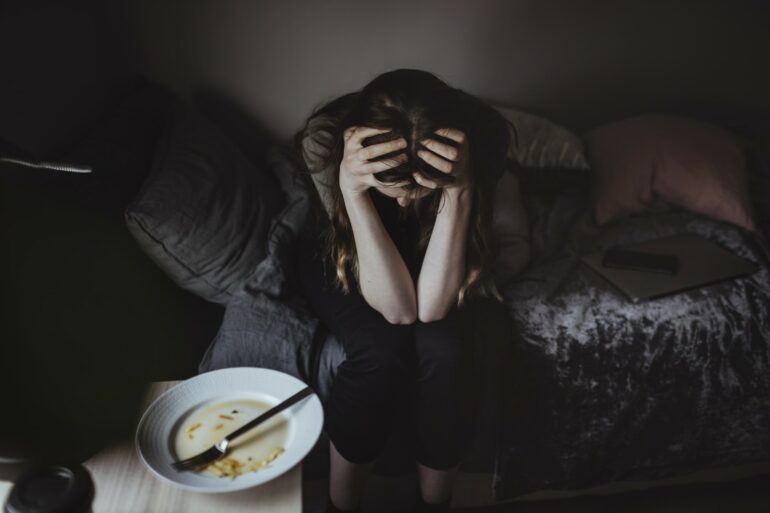Did you know that anorexia is the most lethal mental health condition? One person dies from an eating disorder every hour in the U.S. Many of these deaths are not from health consequences related to starvation, but from suicide.
Up to 1 in 5 women and 1 in 7 men in the U.S. will develop an eating disorder by age 40, and 1 in 2 people with an eating disorder will think about ending their life. About 1 in 4 people with anorexia nervosa or bulimia nervosa will attempt to kill themselves, and those with anorexia have a risk of death by suicide 31 times higher than peers without the disorder.
In fact, nonsuicidal self-injury, suicidal ideation, suicide attempts and suicide deaths are all more prevalent among those with any type of eating disorder compared to those without an eating disorder.
Why might that be?
I am a clinical psychologist who studies eating disorders and self-harm, and I have spent the past 15 years researching this question. We still don’t have the answer. But new work on perception of the internal state of the body points to some promising possibilities for treatment. And what we’re learning could help anyone improve their relationship with their body.
Eating disorders and interoception
To understand why people with eating disorders are at risk of dying by suicide, I first want to ask you to do a little thought exercise.
I’d like you to really think about your body: Think about your hair, face, arms, stomach, chest and legs. What words and feelings come to mind? Are there any things you wish you could change? Feel free to close your eyes and try this out.
I’m guessing as you did this thought exercise, you probably weren’t thinking, “Every part of my body is amazing. Five stars, wouldn’t change a thing!” In fact, many people tend to have pretty negative and highly critical thoughts about their bodies.
Here’s another question for you: What do you do with things you don’t like? For instance, what do you do when you encounter someone you dislike, a food you can’t stand or an overwhelming list of chores? Do you care for or accept them? Probably not. Most people tend to avoid, despise or criticize the things they don’t like. This allows them to separate and disconnect themselves from these loathed things.
But when you think negatively about and try to avoid your body, you end up disconnecting from it and losing the ability to understand what’s going on inside your body. You start to see it not as your body but as an object.

Many people have a negative body image.
Fiordaliso/Moment via Getty Images
That ability to recognize, interpret and respond to internal signals in your body actually has a name: interoception, also known as the sixth sense. It refers to your ability to recognize, interpret and respond to a variety of bodily sensations, such as emotions, hunger and fullness, temperature and pain.
Interoception can be divided into various components,…



